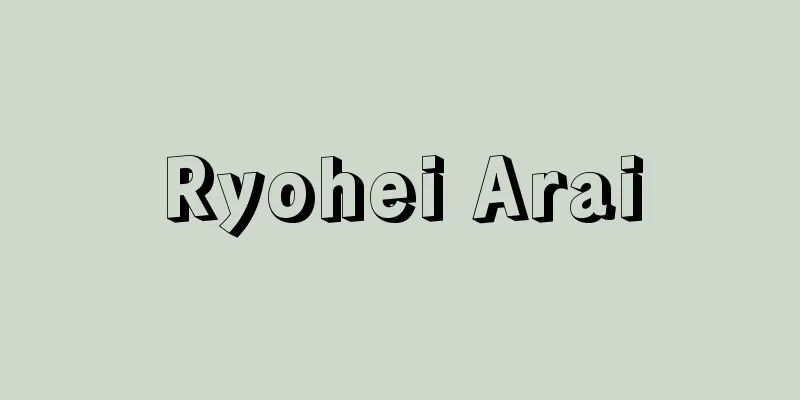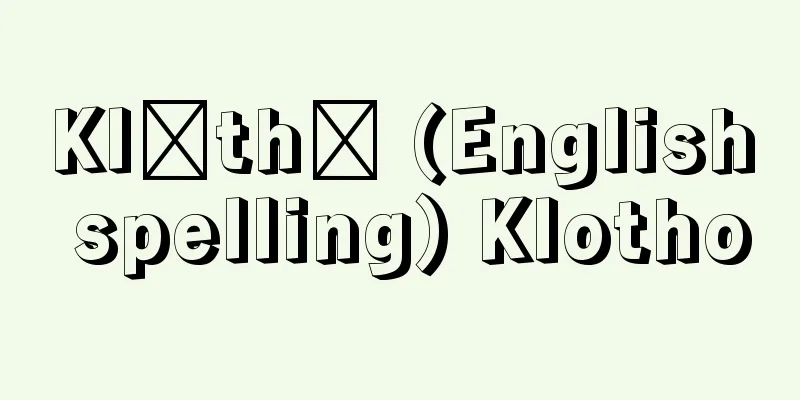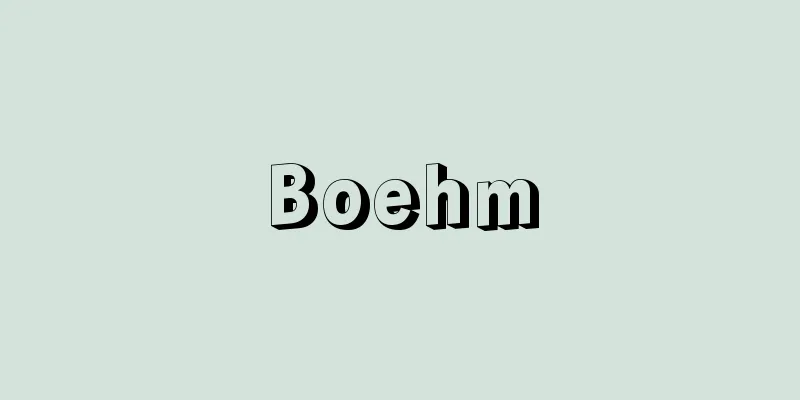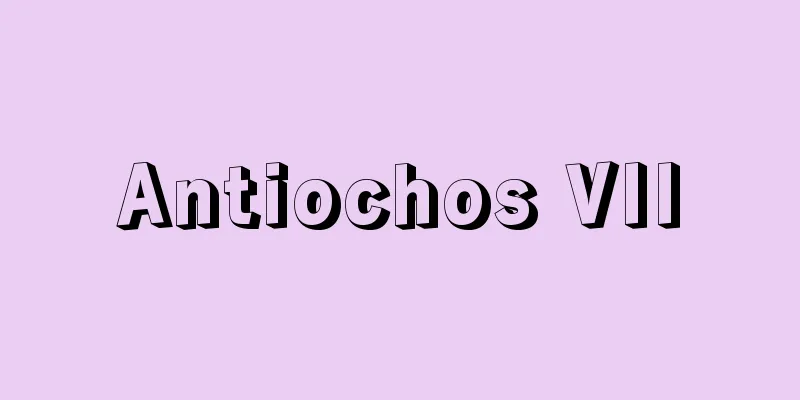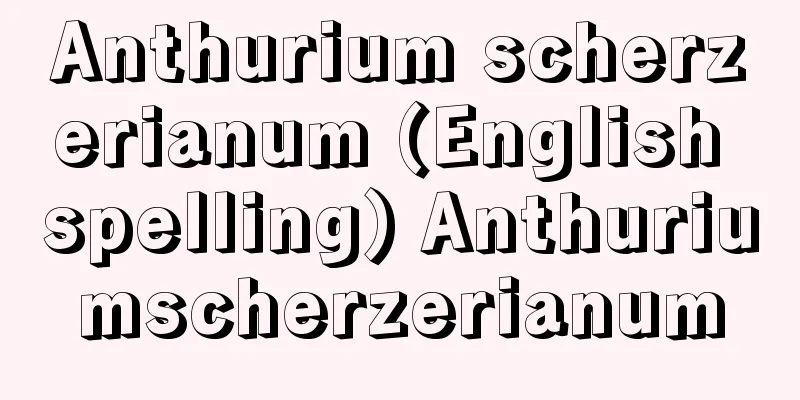MPLA - MPLA
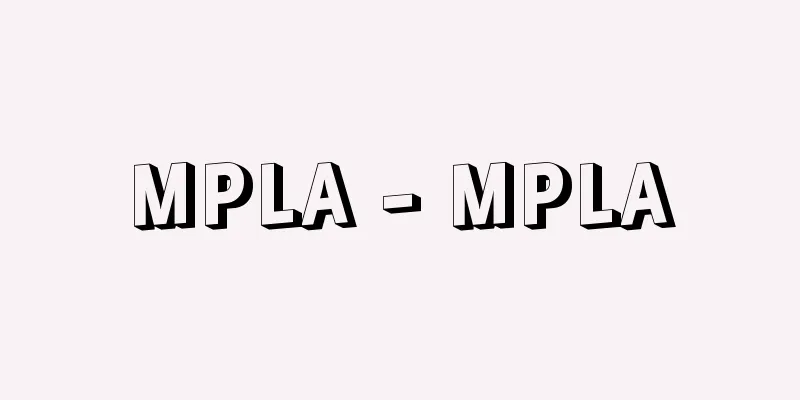
|
Popular Movement for the Liberation of Angola (Portugal) The popular movement for the liberation of Angola. The struggle for independence intensified in the 1950s when the country was a Portuguese colony, and in 1975, with the support of the Soviet Union, it declared independence. It later gained power. In 1991, it signed a peace agreement with its rival, UNITA (National Union for the Total Independence of Angola), putting an end to the civil war. Source: About Shogakukan Digital Daijisen Information | Legend |
|
《〈ポルトガル〉Movimento Popular de Libertação de Angola》アンゴラ解放人民運動。ポルトガルの植民地だった1950年代から独立闘争が活発化し、1975年、ソ連の支援を背景に独立を宣言。後に、政権を獲得。1991年には対立するUNITA(アンゴラ全面独立民族同盟)と和平協定を結んで、内戦に終止符を打った。
出典 小学館デジタル大辞泉について 情報 | 凡例 |
Recommend
Armband - Udenuki
〘 noun 〙① A circular ornament worn on the upper ar...
Yoshida Clan
Edo period , Mikawa Province Yoshida, Atsumi Coun...
Kalhu
... In the first millennium BC, successive kings ...
Enneades - Enneades (English spelling)
The title given to a collection of essays by Ploti...
Neo-Impressionism
Neo-Impressionism. An art movement of the 1880s re...
Messenger of God - kami no tsukai
A specific bird or animal that is considered to b...
dump truck
(1) A mine car that can automatically unload (a ve...
Osuga Otsuji - Osuga Otsuji
Haiku poet. Born in Nakamura-cho, Fukushima Prefe...
Latakia (English spelling)
Al-Lādhiqīyah in Arabic. Capital of the prefecture...
Silicosis - Silicosis
〘 noun 〙 A type of pneumoconiosis. A chronic lung ...
Gabled roof - Kirizuma-zukuri
It is an architectural style in which the roof res...
Bismuth monosulfide - bismuth monosulfide
...There are three known compounds of bismuth and...
anisakiasis
...Adults are 60-100mm long. The larvae of these ...
J.League - J.League
The abbreviation for the Japan Professional Footba...
Iguala Charter - Iguala Charter
…At the age of 17, he joined the viceroy's ar...
